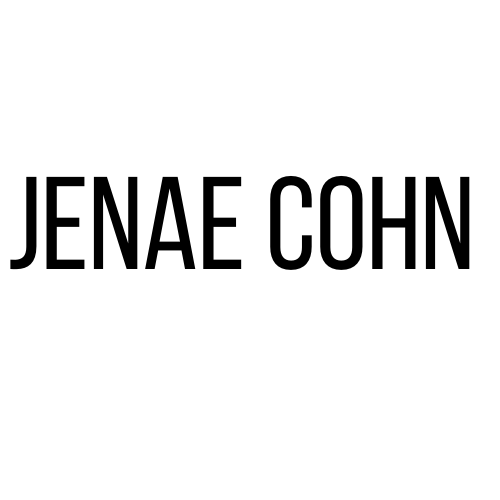Have I mentioned here before that I work an additional job as a freelance (ghost) editor for a college and career counselor?
Well, I’m mentioning it now and for one reason in particular: the ubiquitous “newspaper rhetoric” assignment.
You know the one: choose three newspaper articles and analyze whether they “effectively” convey their purpose or not. (Something that follows these kinds of standards).
I’ve always had some trouble accepting this assignment and it primarily hinges upon the word, “effective.” Effective to whom? Effective for what? Effective to what ends? This seems to be a key piece missing in the explication of the assignment.
Anyway, as a freelance (ghost) editor, I basically revise whatever my boss sends me to revise. I’m completely invisible to the student; I make line edits in Microsoft Word, send those line edits and documents back to my boss, and he sends my line edits to the students. I don’t think the students know where these magical edits come from. I don’t think these students care.
All of that background aside, I’ve seen a surprising number of these newspaper rhetoric essays recently and, indeed, students seem to respond to them in roughly the same way, citing “objectivity” and “clarity” as signs of “effectiveness.”
Yet interestingly, they often choose newspaper articles that are neither “objective” nor particularly “clear.” Indeed, it seems that in every rhetoric assignment I’ve read thus far, students have been drawn to assessing articles composed as blogs rather than true-to-form “articles.”
My hunch is that students are not choosing blogs because they enjoy reading them; I imagine the student sits in front of the computer, opens the browser, goes to Google, types in the name of a current event, and voila! Blogs from major newspapers emerge as top hits. Students then go on to assume that these blogs serve the same function as “articles.” Boom, assignment completed.
To me, this is a fascinating phenomena for a few reasons:
1. Blogs are appearing as more frequent hits in search engines.
2. The tone of blogs are seemingly indistinct from those of news stories that high school students and college freshmen are familiar with.
3. On major newspaper websites, blog content seems privileged over regularly circulating news content.
Now, point1 gets us into a discussion of search engine optimization and other stuff I don’t really feel like thinking about. But points 2 and 3? Now those, to me, are worth discussing.
I don’t find it particularly troublesome that blogs themselves are privileged as news content. Indeed, we could get abstract here and assert, “What is objectivity, anyway?”
What troubles me is – well – students’ seeming lack of awareness over the ability to distinguish between these two genres. I could be assuming too much about these students; perhaps they DO recognize the blog is a blog (and not an article), but do not have the motivation to keep digging through the Internet to find an article and figure a blog will fulfill the assignment. Either way, apathy is at play. Isn’t that a touch distressing?
I think the solution to this problem comes with greater critical awareness of what it means to use a search engine, of what it means to find different kinds of articles and, perhaps most importantly, what it means to search carefully and discriminatingly.
Perhaps the most important question I have is: where should this kind of work be done? To me, if instructors are giving out these kinds of assignments, it should probably be done in the writing classroom. But, of course, how do high school teachers, for example, balance these kinds of concerns with those of curricular standards? I imagine that these kinds of rhetoric assignments are part of a common curriculum; how do teachers adapt? How do administrators adapt to make sure students are developing healthy browsing habits?
